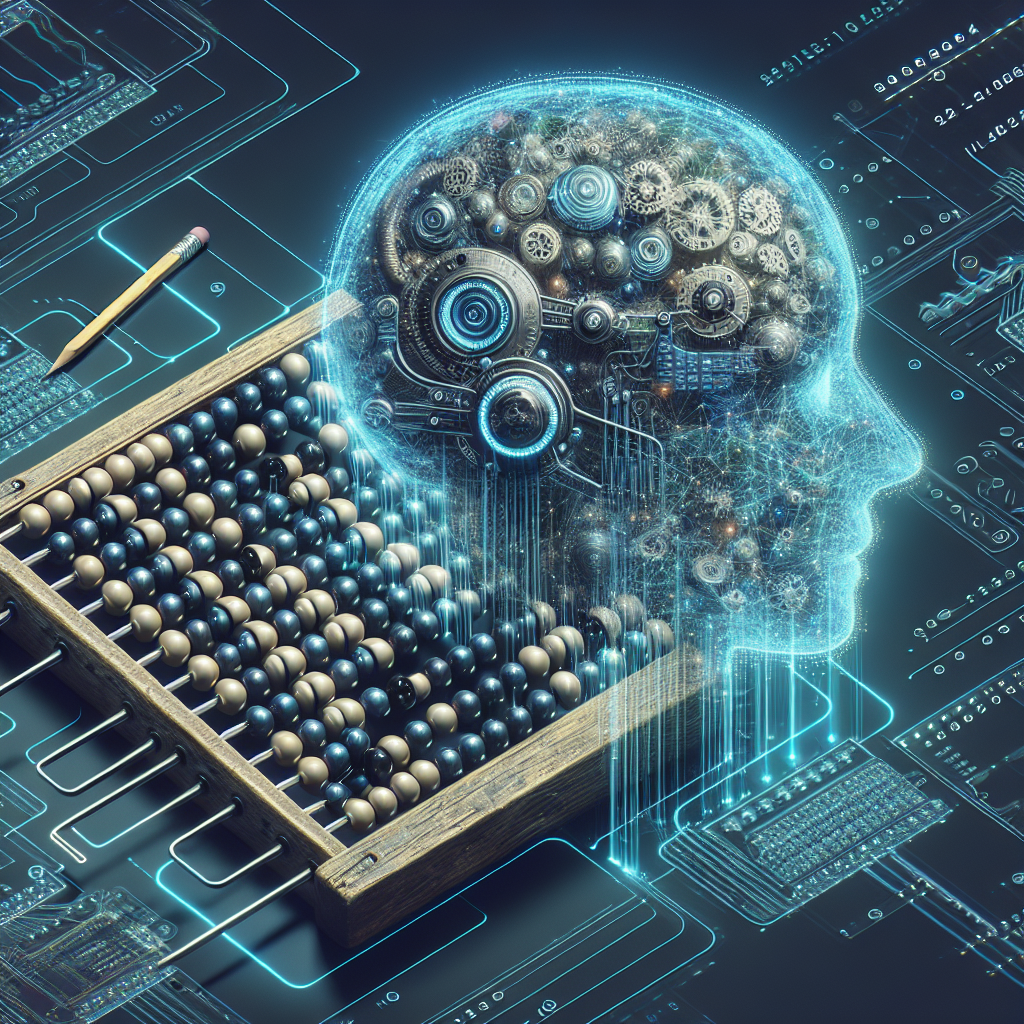Artificial General Intelligence (AGI) has long been a topic of fascination and speculation in the world of technology and artificial intelligence. Often portrayed in science fiction as a sentient being with human-like intelligence, AGI represents the ultimate goal of AI research – the creation of a machine that can perform any intellectual task that a human can.
While AGI is still largely theoretical, the potential impact of its development on the future of work and innovation is profound. In this article, we will explore how AGI could transform the way we work and create, and the implications it may have on society as a whole.
AGI and the Future of Work
The development of AGI has the potential to revolutionize the way we work and do business. With the ability to perform a wide range of tasks at human-level intelligence or beyond, AGI could automate many jobs currently performed by humans. This could lead to significant changes in the job market, with some roles becoming obsolete while new opportunities arise in fields that require human creativity, empathy, and problem-solving skills.
One of the key advantages of AGI is its ability to learn and adapt to new tasks and environments. This means that AGI could be used to streamline and optimize a wide range of processes in various industries, from manufacturing and logistics to healthcare and finance. For example, AGI could be used to analyze large amounts of data and identify patterns and trends that humans may not be able to see, leading to more informed decision-making and improved outcomes.
However, the widespread adoption of AGI in the workplace also raises concerns about job displacement and the potential for increased inequality. As machines become more capable of performing complex tasks, there is a risk that many workers may find themselves out of a job, particularly those in industries that are easily automatable.
To address these challenges, it will be important for policymakers, businesses, and educators to work together to ensure that workers are equipped with the skills and training they need to succeed in an increasingly automated world. This may involve investing in education and retraining programs, as well as implementing policies that support workers who are displaced by automation.
AGI and Innovation
In addition to its impact on the workforce, AGI also has the potential to drive innovation and spur new discoveries in a wide range of fields. By combining the analytical capabilities of machines with the creativity and intuition of humans, AGI could unlock new possibilities for scientific research, product development, and problem-solving.
For example, AGI could be used to accelerate the pace of drug discovery by analyzing vast amounts of scientific data and identifying potential drug candidates more quickly and accurately than humans can. Similarly, AGI could be used to design new materials with properties that are currently beyond the reach of human engineers, leading to breakthroughs in areas such as renewable energy and advanced manufacturing.
In the field of art and entertainment, AGI could be used to create new forms of media and storytelling that push the boundaries of human creativity. For example, AGI could be used to generate music, art, and literature that is indistinguishable from the work of human artists, leading to new forms of expression and cultural innovation.
FAQs
Q: When will AGI be developed?
A: The development of AGI is a complex and challenging task that is still in its early stages. While some experts predict that AGI could be achieved within the next few decades, others believe that it may take much longer, or may never be achieved at all. The timeline for the development of AGI will depend on a wide range of factors, including advancements in technology, research funding, and ethical considerations.
Q: What are the ethical implications of AGI?
A: The development of AGI raises a number of ethical questions and concerns, particularly around issues such as job displacement, privacy, and the potential for misuse of AI technologies. It will be important for researchers, policymakers, and industry leaders to work together to address these ethical considerations and ensure that AGI is developed and deployed in a responsible and transparent manner.
Q: How will AGI impact society as a whole?
A: The widespread adoption of AGI is likely to have far-reaching implications for society as a whole, affecting everything from the job market to healthcare, transportation, and entertainment. While AGI has the potential to bring about significant benefits in terms of increased productivity and innovation, it also raises concerns about job displacement, inequality, and the ethical use of AI technologies. It will be important for policymakers and industry leaders to consider these implications and work together to ensure that the benefits of AGI are shared equitably across society.

